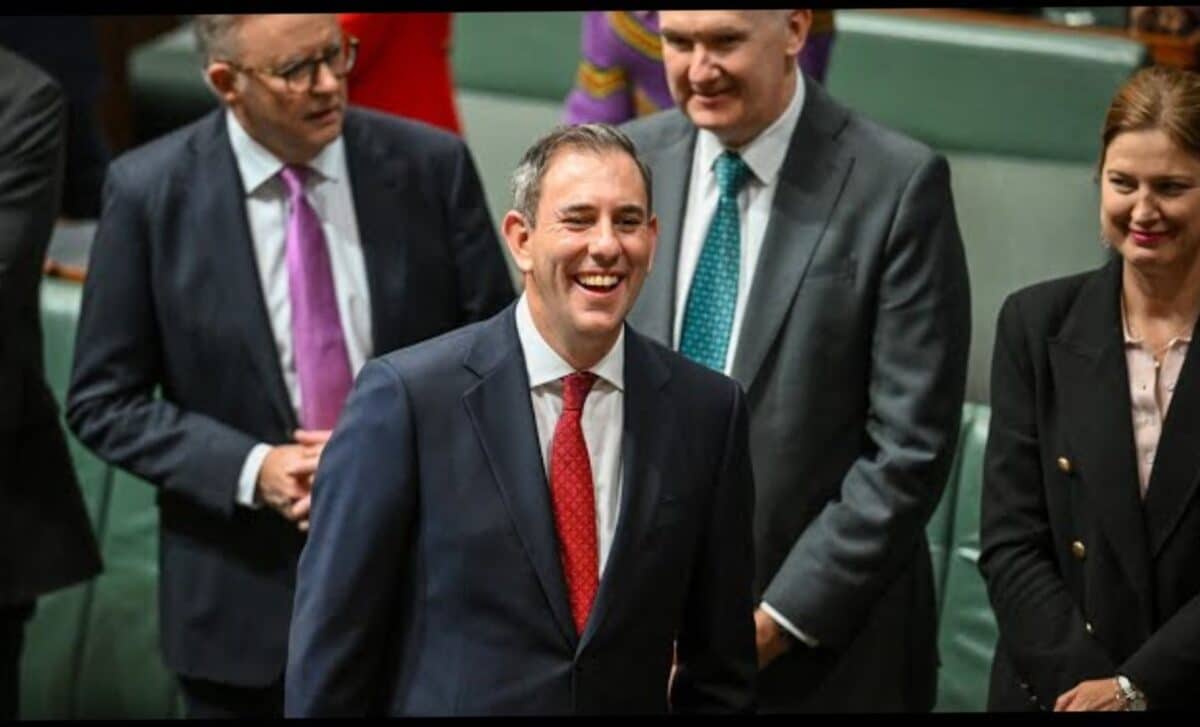Labor has moved to introduce significant tax cuts in Parliament, hoping to pressure the Coalition ahead of the upcoming election. The Opposition’s proposed cuts aim to reduce the 16 per cent tax rate to 15 per cent next year and 14 per cent in 2026, a measure expected to cost the budget $17.1 billion over the next four years.
The Labor party is seeking a swift vote on the proposal, which would force the Coalition to make a public commitment to repeal the cuts if it wins the election. With the bill already passing the House of Representatives, attention now turns to the Senate, where a final vote is expected later this evening.
A Challenge to the Coalition
The tax cut proposal stands as a central issue in the ongoing political debate, with the Opposition challenging the government’s fiscal stance.
According to Opposition Leader Peter Dutton, the tax cuts are an insufficient response to the financial struggles of Australian families. He described the relief as a “hoax,” pointing out that the cuts would amount to only “70 cents a day” by the time they take effect in 15 months.
Meanwhile, Treasurer Jim Chalmers has defended the tax cuts, arguing that while they are modest in isolation, they form part of a broader strategy aimed at addressing the cost of living crisis.
In his remarks to the media, Chalmers highlighted that these tax adjustments would complement other budgetary measures designed to ease financial pressures on households.
In the Senate, Labor appears to have the backing it needs to pass the bill, with key figures such as Senator Jacqui Lambie voicing support. The Greens have stated they will not obstruct the legislation, further improving the prospects for the tax cuts’ passage.
Budget Deficits and Fiscal Responsibility
The debate over tax cuts is occurring within the context of broader budgetary concerns. While Labor’s budget has been praised for delivering surplus in its first two years, it has been criticised for forecasting budget deficits over the next decade.
According to experts, the government’s tax cuts fail to address the larger structural issues facing the economy, such as increasing public service costs and long-term health and welfare expenditure.
Despite these concerns, both major political parties are positioning themselves as the best stewards of fiscal responsibility. The Coalition has promised a stronger budget bottom line, based on an alternative cost-of-living package, which includes plans to cut public service jobs. However, the specifics of this plan have yet to be fully disclosed.
Experts such as Grattan Institute CEO Aruna Sathanapally have expressed concern that neither side of the debate is addressing long-term tax reform, with a reliance on personal income taxes failing to provide a sustainable solution for future needs.
Independent economists have warned that without comprehensive reforms, Australia may face more severe fiscal challenges in the coming years.









